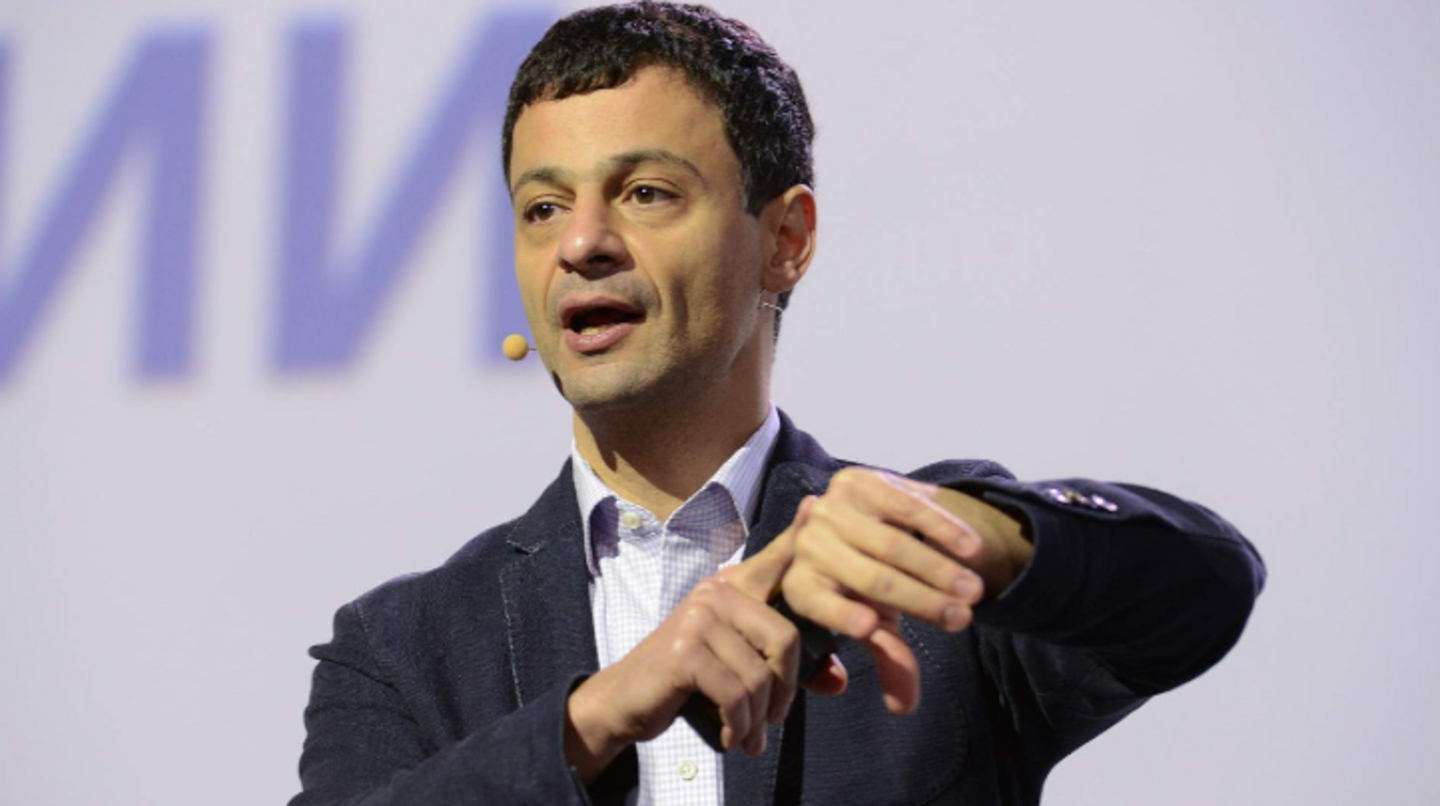
Artem Oganov Talks about the 2024 VYZOV Prize Application Process
The call for applications for the VYZOV National Prize for Future Technologies closes on May 20th. Chairman of the award’s Scientific Committee Artem Oganov spoke to Izvestiya about how research done by some of its laureates may change the world around us in the nearest future, and what countries have scientists applied from so far for the award’s international category titled ‘Discovery.’ Here is an excerpt from that interview.
Q: The call for applications
for the VYZOV Prize was announced over two months ago. Are you seeing any
trends in how applications are coming in? Is there more activity in certain
disciplines?
A: Last year, we saw very
impressive performance from physicists, and a biomedical scientist became
Scientist of the Year. Applications for this years’ awards are still coming in,
and we don’t know at this point how various disciplines will be represented,
but our award is open for scientists working in any area of natural or
technical sciences or engineering. VYZOV has also added a new, international
category titled ‘Discovery,’ and we have already received some very interesting
submissions from Italy, Germany, Austria, China and Israel, to name a few
countries. Those who would like to apply still have time till May 20th.
Q: One of the criteria for
applicants says their research must have a horizon of up to 10 years for
practical application. If we look at last year’s applicants and laureates, will
we be able to see and to use some of their inventions or new technologies in
the nearest future? How will they influence our day-to-day life?
A: As far as last year’s
laureates are concerned, I think we will see all of their scientific
achievements in practical application within the next ten years. That includes quantum
and optical computing research, new treatment methods for brain diseases, and a
superpower electromagnet based on high-temperature superconductors (there is
already production set up for the latter, by the way).
Q: Regarding Russia’s new
Strategy for Scientific and Technological Development recently approved by the
President, what are the key changes that you see?
A: One should bear in mind
that you cannot squeeze all of science into the Procrustean bed of standards
and regulations. We need all of science, including both applied and fundamental
science and research that seemingly has nothing to do with the nation’s
economic development, because sooner or later, it will produce groundbreaking
practical results.
To cite one of the most
prominent examples, when Albert Einstein formulated the theory of relativity in
early 20th Century, explaining gravity as a result of the curving of
space and time, it seemed that his findings would never have any practical
application. But today, every navigation app in the world accounts for general
relativity when calculating distance, otherwise their positioning would be
incorrect and your taxi wouldn’t be able to pick you up at the right spot and
get you to your destination. That is how all of science works: even things that
seem to have no practical use may evolve into breakthrough technologies over
time.
Every nation needs a short- to
medium-term strategy identifying priority areas for development, but it is also
important to support scientific research in all areas and disciplines,
including those that seem remote from practical application.
Read the full interview by
Izvestiya here (https://iz.ru/1693557/mariia-nediuk/mezhdunarodnye-organizatcii-vrode-tcern-predali-sami-sebia).
Apply for nomination: премиявызов.рф
